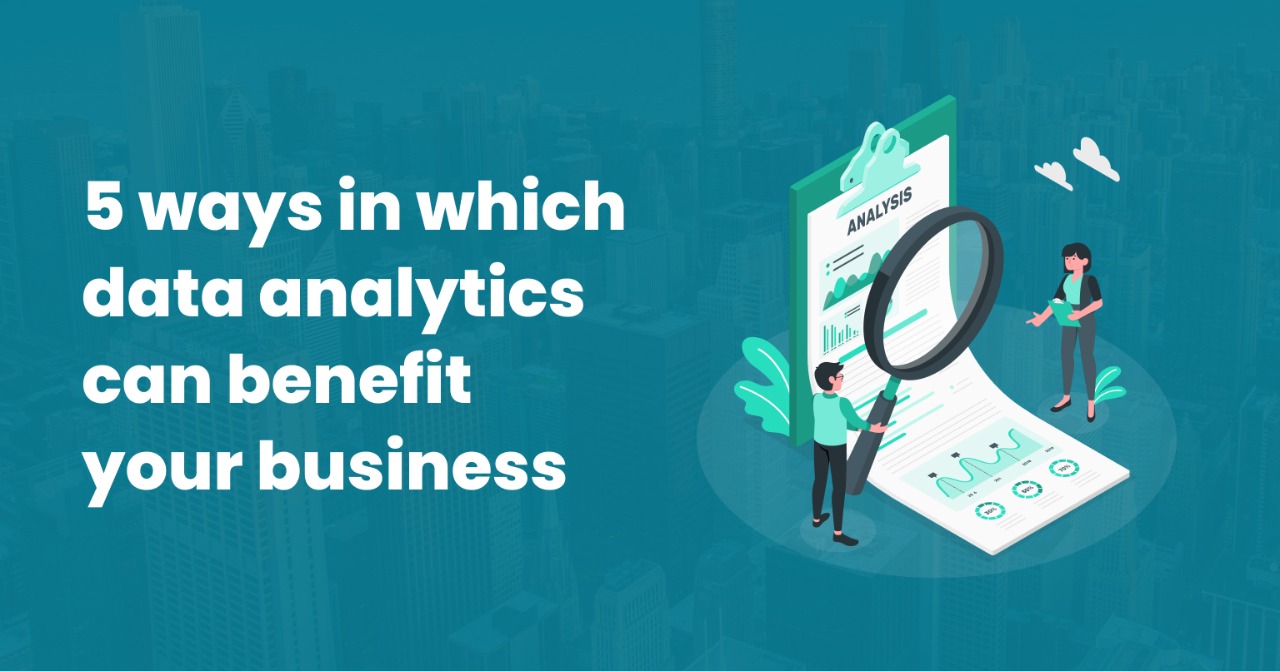Companies have started realizing the game-changer that data analytics is. Organizations are now implementing it to see significant financial gains. Big data analytics is the analysis of enormous data sets to find associations, trends, and patterns. Big data analytics in business process management marries the two disciplines into a powerful organizational improvement methodology.
Here are some ways in which businesses can benefit from adopting data analytics:
Making informed decisions
When it comes to making a critical strategic choice, business analytics can be a useful tool. When Uber upgraded its Customer Obsession Ticket Assistant (COTA) in early 2018, a tool that uses machine learning and natural language processing to help agents improve speed and accuracy when responding to support tickets, the company used prescriptive analytics to see if the new version would be more effective than the previous one.
The company discovered that the upgraded product resulted in faster service delivery and greater customer satisfaction levels using A/B testing—a means of evaluating the consequences of two distinct options. Uber’s ticket settlement procedure was improved as a result of these insights, and the company saved millions of dollars.
Increased operational effectiveness
In addition to providing financial gains, data analytics may be utilized to fine-tune business processes. Many companies now employ predictive analytics to anticipate maintenance and operational concerns before they become major problems, according to a recent KPMG analysis on emerging infrastructure trends.
Increasing revenue
Companies that invest in data and analytics initiatives might reap substantial financial benefits. According to McKinsey, businesses who invest in big data see a gain of around 6 percent in profits on an average, rising to around 9 percent in the case of five-year investments. In line with this trend, a recent BARC study indicated that organizations that can quantify their gains from data analysis report an average 8% rise in sales and a 10% reduction in expenditures. These findings show how a strong business analysis strategy may pay off financially.
Using data analytics, organizations can consolidate data from different departments—sales, marketing, HR, and finance—for a unified view that shows how one department’s numbers can influence the others. Further, tools, such as visualization, predictive insights, and scenario modeling deliver all kinds of unique insights across an entire organization. You should integrate big data analytics in business process management before it’s too late, especially now that the world is going towards data analytics and the Internet of Things (IoT).
Looking for expert technology consulting services? Contact us today.





